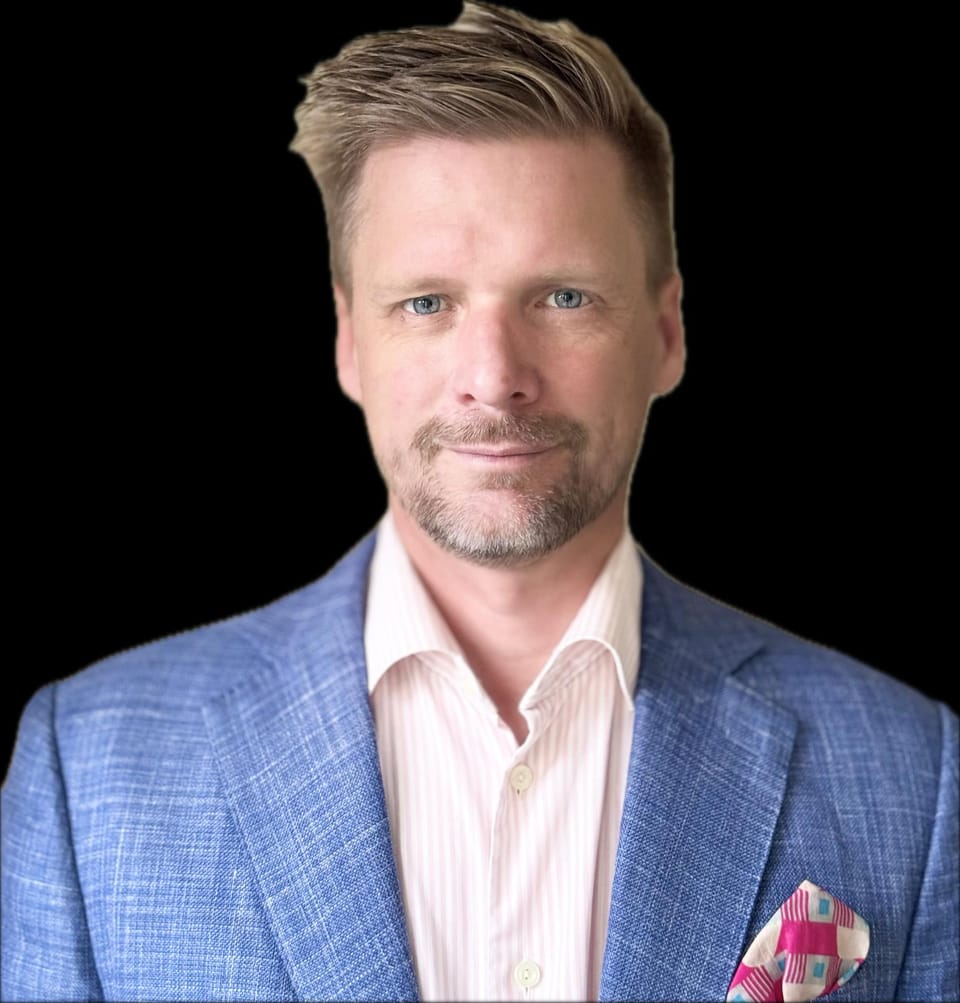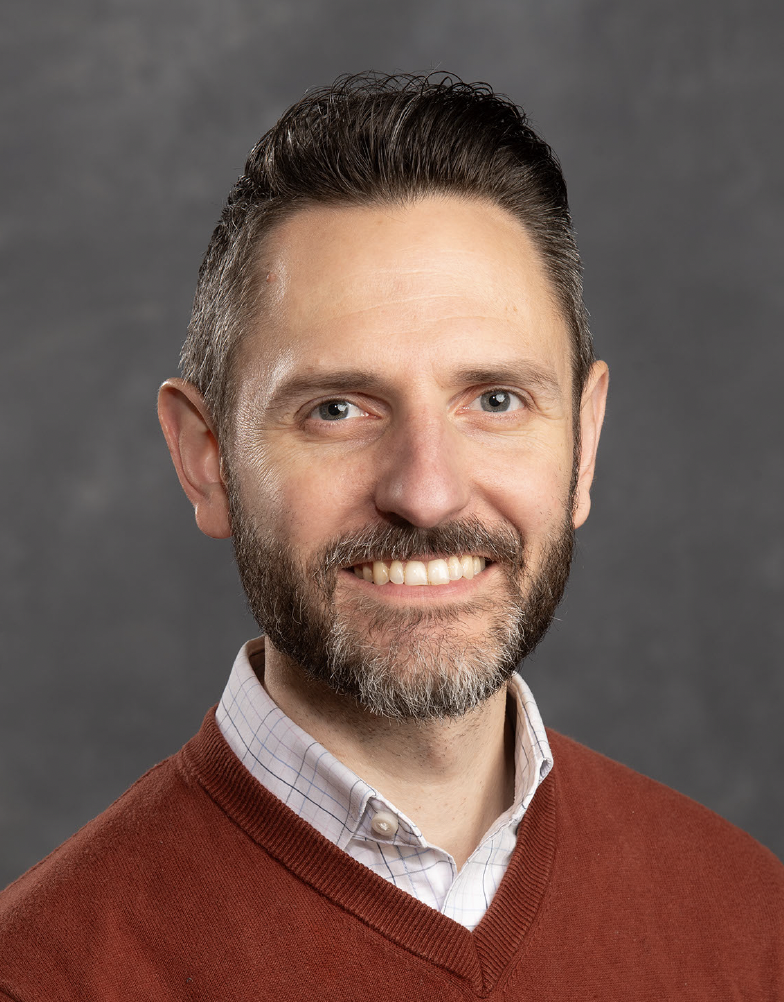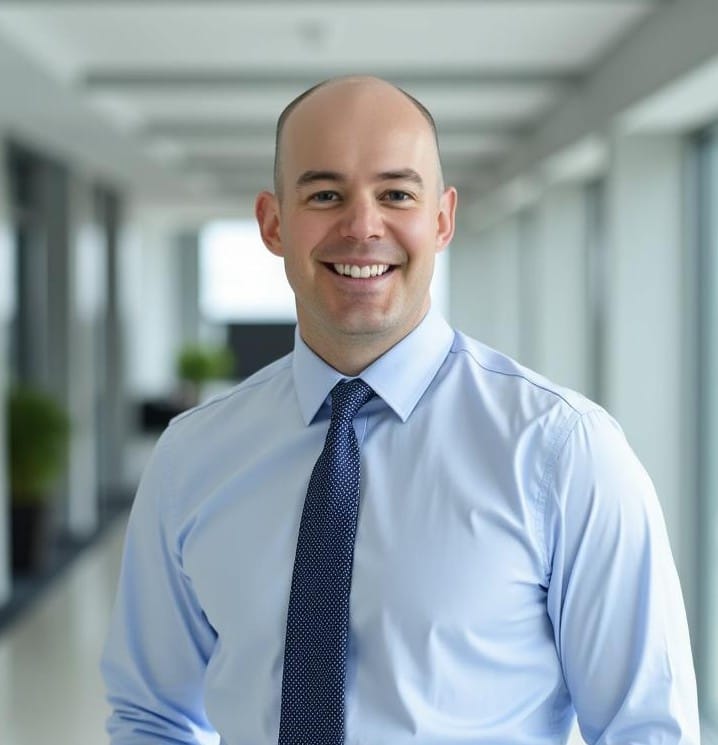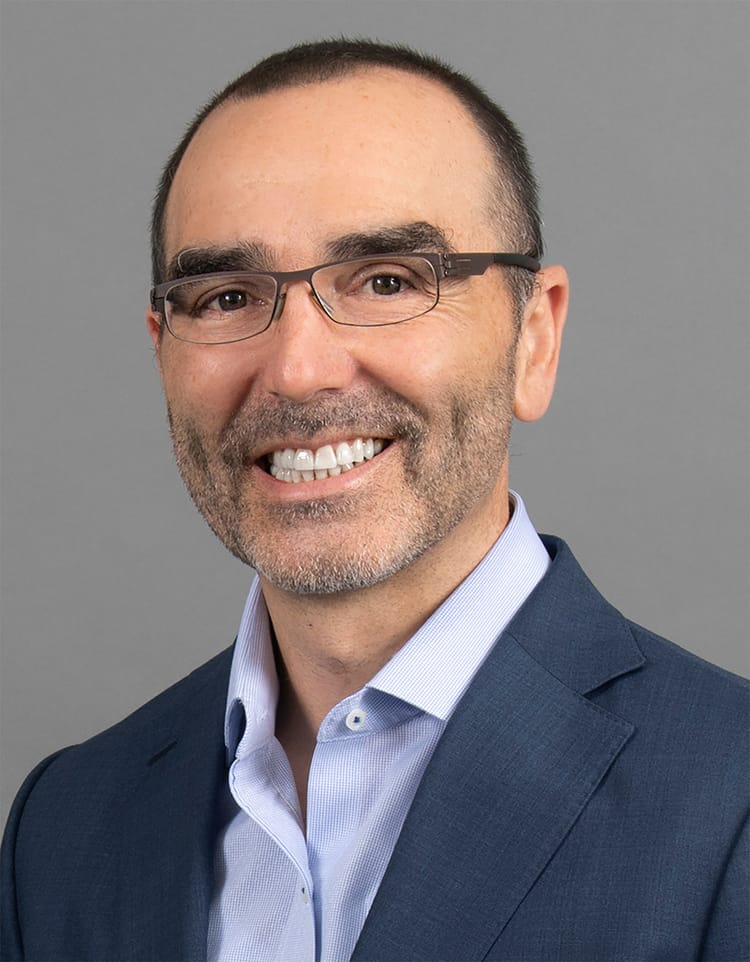Why dental schools are turning to simulation

Dentists want to improve their skills without risking patient outcomes—and now they can. RipeGlobal uses simulation technology to give dentists realistic, repeatable training experiences. Lincoln Harris, BDS, the platform’s founder and CEO, spoke with Dental Bite about why this approach builds better clinicians.
—Interview by Carrie Pallardy, edited by Bianca Prieto
How is simulation-based training being leveraged in dental education today? Can you share a couple of examples?
We are using simulation training to train dentists in actual procedural skills. We are using simulation training right now across 35 countries and expanding rapidly in the United States.
Traditional training is very time-based, as in a person is in a location for one or two days. You must try to teach everything within that time frame, whereas simulation training unlocks the ability to train people over time.
With our simulation training, we teach all aspects of restorative dentistry: crowns, onlays, fillings, veneers, full-mouth rehabilitations. We can do all of the hands-on and didactic training for implantology. And we can also train aligner orthodontics with temporary anchorage devices and palatal expanders. I believe we will, fairly soon, also cover endodontics.
We started out training individual dentists; that's how we built the method. We have now moved heavily into group practices and dental service organizations and dental partnership organizations.
How does simulation help to prepare dentists for real-world practice?
Simulation training has the huge advantage; you're training in your own chair with your own materials, your own equipment in the same posture and seated position as if you were treating a patient. So, that means that the implementation is faster.
Traditional training is good for those human elements where humans must be connected. For pure skill-based training, building procedural skill, simulation training is far superior.
What is your hope for the future of simulation training in dentistry? How could it reshape the way dental education is delivered?
We are seeing more and more dental schools, particularly prestigious ones, wanting to expand and offer their training to a wider market. It'll allow dental schools to train more dentists without building new facilities.
Responses have been edited for brevity and clarity.
Thanks for reading today's edition! You can reach the newsletter team at newsletter@dentalbite.co. We enjoy hearing from you.
Interested in advertising? Email us at newslettersales@mvfglobal.com
Dental Bite is curated and written by Carrie Pallardy and edited by Lesley McKenzie.



